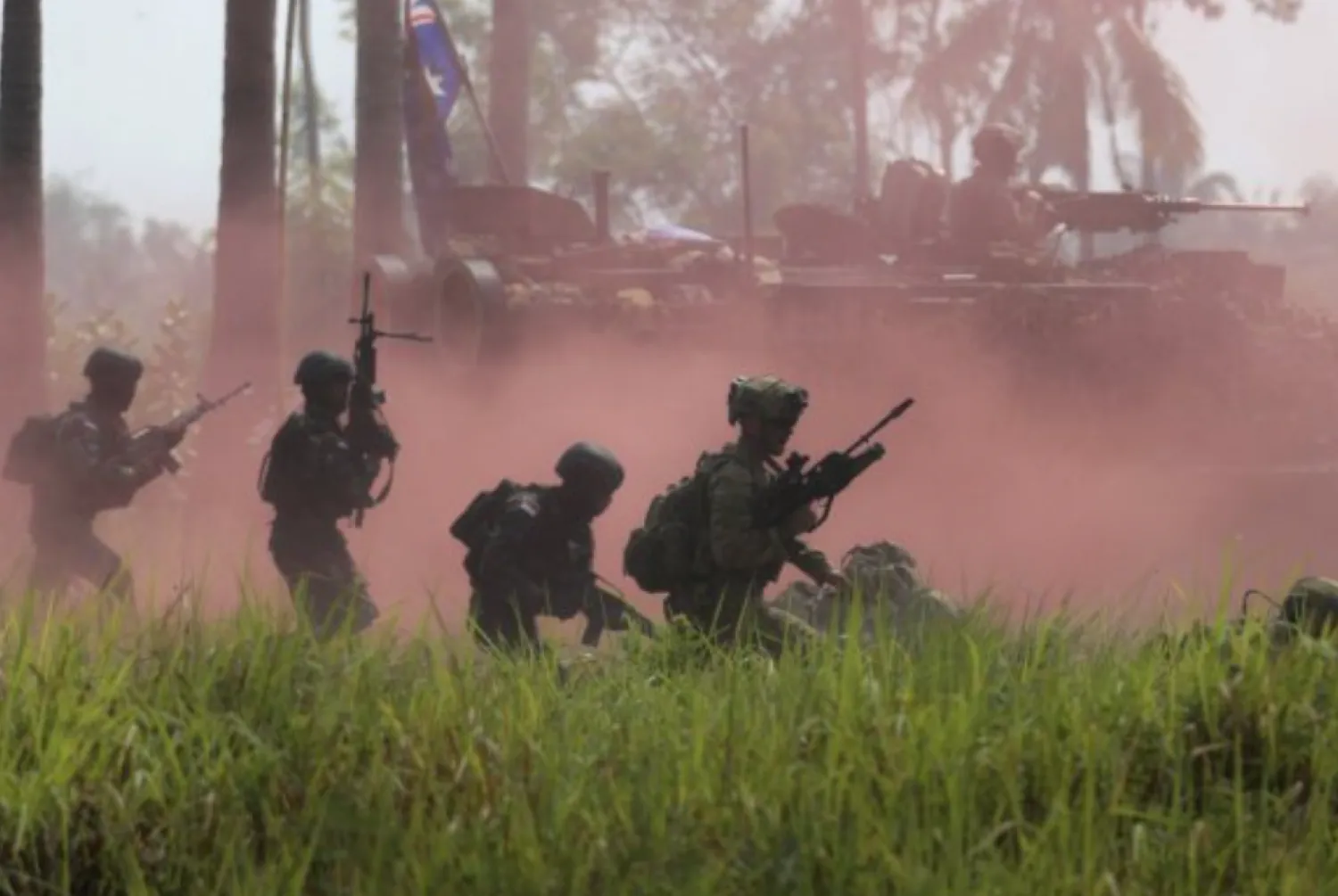Japan will send troops for joint training with US Marines and Australian forces in northern Australia, the three defense ministers said Sunday, as they expressed concern about a spate of confrontations with China's increasingly assertive military.
Australia's Acting Prime Minister Richard Marles hosted US Defense Secretary Lloyd Austin and Japanese Defense Minister Nakatani Gen for talks in Darwin.
The ministers announced trilateral amphibious training between Australia, Japan and the US Marine rotational force in northern Australia from 2025, beginning with Exercise Talisman Sabre. Australia will also join Exercise Orient Shield in Japan for the first time next year, The AP reported.
A joint statement reiterated “serious concern” about destabilising actions in the East and South China seas including “dangerous conduct” by the Chinese military against Philippine and other vessels from the region. China claims the South China Sea almost in its entirety.
The ministers also urged the importance of peace and stability across the Taiwan Strait. China claims self-ruled Taiwan as its own territory and has stepped up military harassment with frequent drills around the island.
Marles, who is also Australia's defense minister, said following talks with his Japanese counterpart in September that both nations looked to ways to build greater familiarity between their forces. One of the “obvious opportunities” was for Japan to participate in activities during the US Marine rotation in Australia, he said Sunday.
“Having a more forward-leaning opportunity for greater training with Japan and the US together is a really fantastic opportunity,” he said.
Asked if the increased military cooperation would anger Beijing, Marles said the decision was about building "the best relationships possible with like-minded countries, with our friends and with our allies.”









